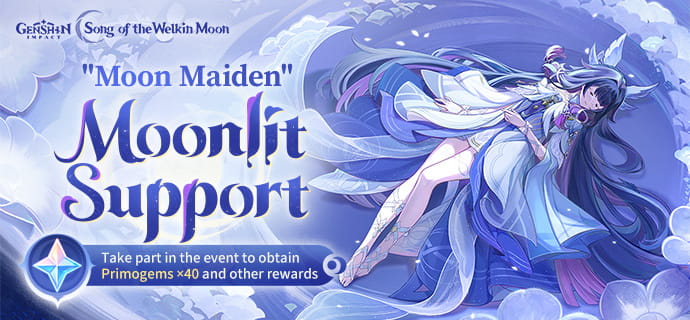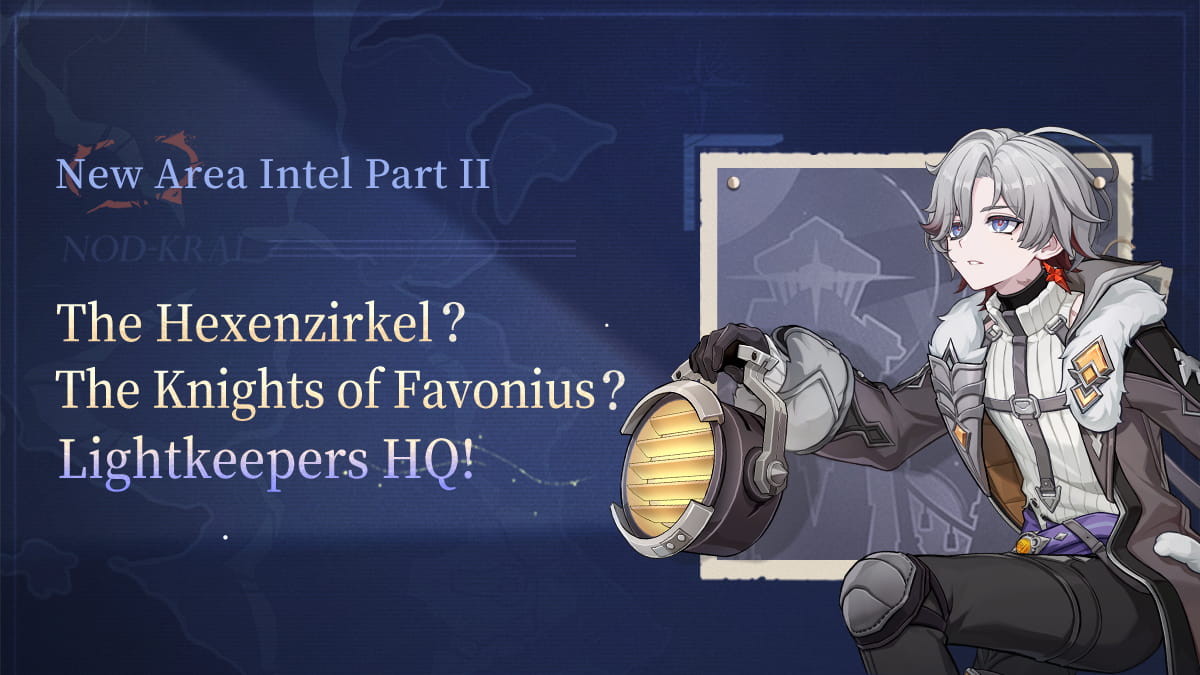
After the Version "Luna IV" update, complete the Archon Quest "True Moon" to unlock the Traveler's new outfit "As Heaven and Earth Are Made Anew" and an additional Talent.
Read more on New Traveler Outfit & Additional Talent.
After the Version “Luna IV” update, complete the Archon Quest “True Moon” to unlock the Traveler’s new outfit “As Heaven and Earth Are Made Anew” and an additional Talent.

Dear Traveler, Version “Luna IV” arrives tomorrow (January 14)! Alongside new content, this update introduces a new “Quest Overview” interface, and you’ll now be able to replay cutscenes directly in-game at any time. Let’s take a look together!

Her steps echoed through frostbitten woods and snow-locked palaces, guided only by a fleeting image of home that danced at her fingertips.

Hello, Traveler! The Character Event Wish “Astral Actuation” will be available on January 14 and “Boom Boom Thunderwave” Ineffa (Electro) will receive a huge drop-rate boost!

Hello, Traveler! Version Luna IV, “A Traveler on a Winter’s Night,” is coming your way soon! Let’s see what you can look forward to in terms of benefits and events in this new version update!

Travelers, stock up on weapons and characters in the event wish to make your party stronger in combat!

Travelers, stock up on weapons and characters in the event wish to make your party stronger in combat!

The development team will begin update maintenance on 2026/01/14 06:00 (UTC+8). Once maintenance is complete, the game will be updated to the all-new Version “Luna IV”: Song of the Welkin Moon: Postlude — “A Traveler on a Winter’s Night.”

Travelers, join us in helping the Moon Maiden make her way back to the moon! You’ll also get Primogems ×40 and additional rewards for participating!

Today, let’s turn our attention to the various factions that are present in the northern part of Nod-Krai. Here, you will find the Knights of Favonius, the Lightkeepers’ headquarters, and even the Hexenzirkel…
